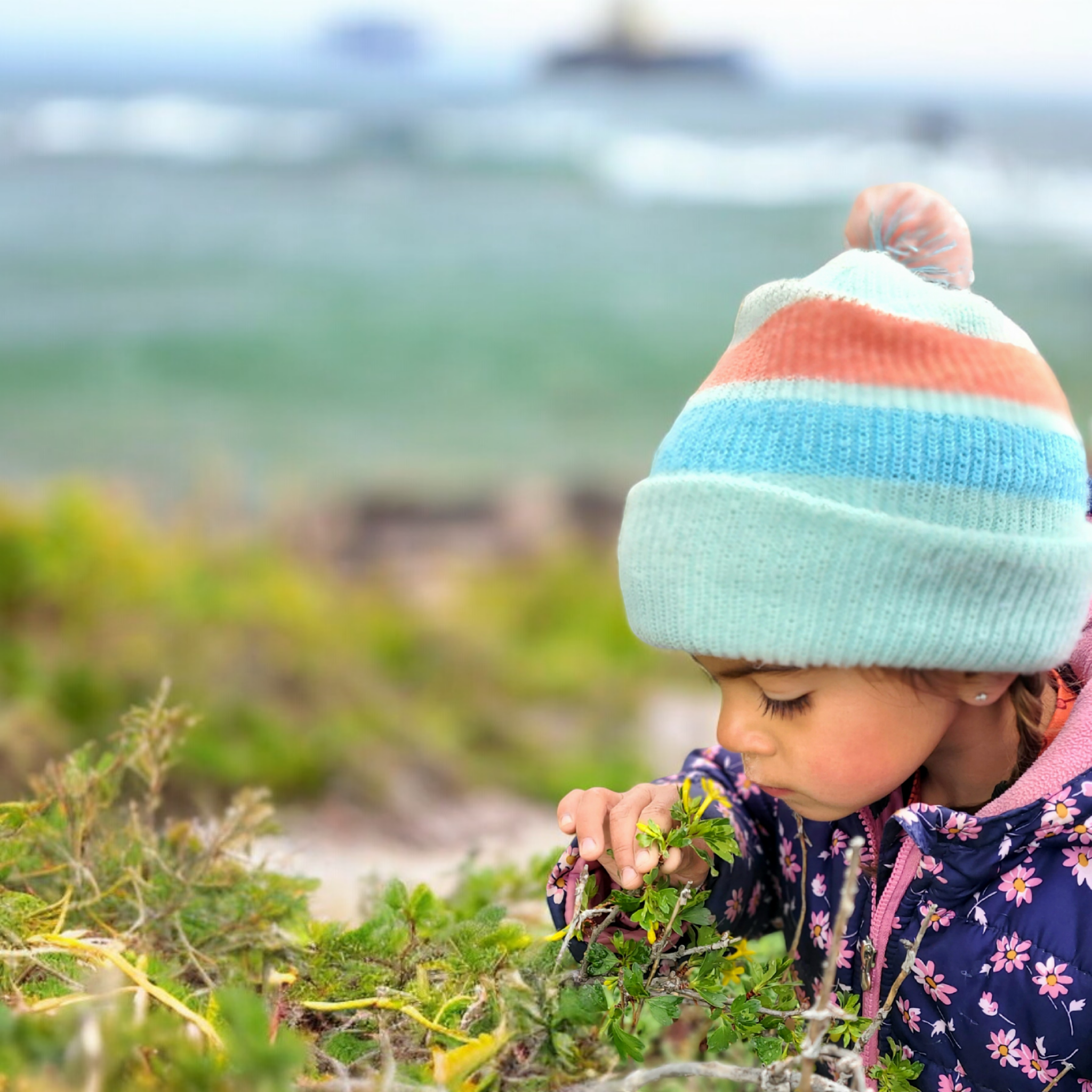THE FOREST SCHOOL WAY
Forest school is an outdoor education approach that emphasizes hands-on learning in natural environments, typically forests or woodlands. It focuses on holistic development, encouraging children to explore, play, and learn in the outdoors while fostering a deep connection with nature. Forest school activities often include woodland crafts, nature walks, storytelling, and sensory experiences, all designed to promote curiosity, resilience, and environmental stewardship.
How does forest school impact our kids?
Connection with Nature: Forest preschools provide ample opportunities for children to explore and engage with the natural world. This can foster a deep appreciation for nature and its beauty, leading to lifelong environmental stewardship.
Physical Health: Outdoor play in natural environments promotes physical activity and gross motor development. Children often have more space to run, climb, and explore, which can contribute to their overall health and well-being.
Emotional Development: Spending time outdoors has been linked to reduced stress levels and improved mental health. Forest preschools offer a peaceful and calming environment where children can feel relaxed and at ease.
Creativity and Imagination: Nature provides endless opportunities for imaginative play and creativity. Children in forest preschools often invent their games, stories, and activities, stimulating their creativity and problem-solving skills.
Hands-On Learning: Forest preschools emphasize experiential learning, allowing children to learn through firsthand experiences and exploration. This approach can enhance their cognitive development and academic readiness.
Environmental Awareness: By immersing children in natural environments, forest preschools instill a sense of responsibility and care for the environment from a young age. This can help children develop eco-friendly habits and become future environmental advocates.
Resilience and Independence: Outdoor environments present challenges and opportunities for children to take risks and overcome obstacles, fostering resilience, and independence.
Community and Social Skills: Forest preschools often prioritize collaboration, teamwork, and communication among peers. Children learn to cooperate, share, and problem-solve together, building essential social skills.



